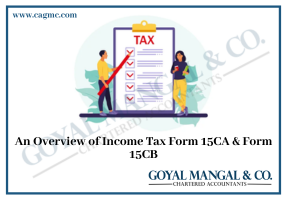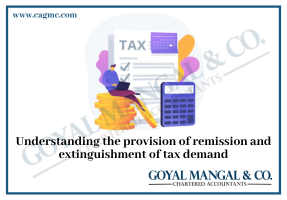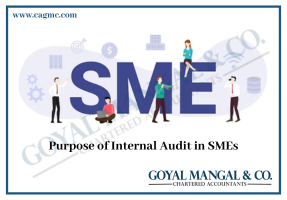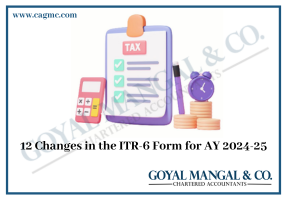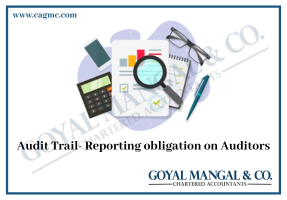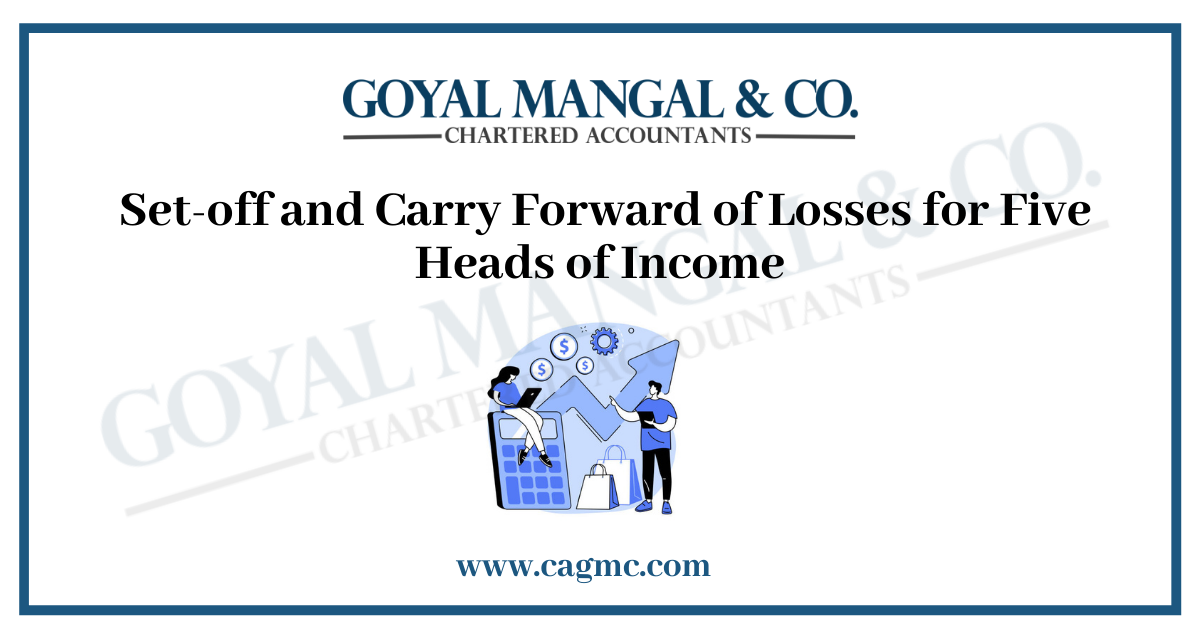
All losses incurred as a result of exempted sources of income cannot be set off against taxable income. If an income source is exempt, the loss cannot be set off against taxable income. In this article we’ll discuss about the Set-off and Carry Forward of Losses for Five Heads of Income.
Before we move ahead let us discuss some important aspects regarding with Losses.
|
Table of Content |
Concept of Set off of Losses
Set off refers to the balance of losses against earnings from the same or different sources of income during the year.
In other terms, the phrase “set off” refers to the act of balancing losses against a particular year’s profit or revenue.
Losses that are not deducted from income in the same year might be carried forward and deducted from income in later years. Set-offs are classified into two types: intra-head set-offs and inter-head set-offs.
The two types of Set off losses are:
Intra-head Set off
Losses from one source of income might be set off by gains from another under the same category of income.
Exceptions
The losses of a speculative business will be set off against the profits of the speculative company. Profits from any other business or profession cannot compensate for speculative venture losses.
- Only the profit made from owning and maintaining racehorses will be deducted from the loss.
- Long-term capital losses will only be adjusted in favour of long-term capital profits.
- On the other hand, both long-term and short-term capital gains might be offset by a short-term capital loss.
- Losses from one company will be offset only against earnings from other companies in the same industry. Losses from other businesses or professions might be deducted from profits from the chosen enterprises.
Inter-head Set off
Following the intra-head adjustments, taxpayers can balance any residual losses against income from other heads.
Examples:
- Household losses can be deducted from income under any category except salary.
- Deprivation from a business other than speculative venture can be deducted from income in any category except salary.
Concept of Carry Forward of Losses
Even after completing the necessary and acceptable intra- and inter-head adjustments, there may still be unadjusted losses.
These losses can be carried over to following years and offset against future revenue.
Carrying forward requirements differ widely depending on the source of income.
The number of losses carried forward refers to the amount of losses that will offset earnings from one or more headings.
Set-off and Carry Forward of Losses for Five Heads of Income
- Household Property Losses
-
- Can be carried forward for up to eight assessment years from the year of the loss.
- We may only deduct revenue from a residence.
- Even if the last year’s income tax return is filed late, it may be carried forward.
- Losses in the Speculation Business: This type of losses are further divided into two aspects, these are:
- Losses from non-speculative business
-
- Losses can be carried forward for up to eight years from the year of occurrence.
- Can only be used to offset business or professional income.
- It is not required to continue the business at the time of leave in future years.
- The return will not be brought forward if it is not submitted by the original due date.
- Loss of a Speculative Business
-
- Can be carried forward for up to four assessment years from the year of loss.
- We may only deduct income from speculative business.
- The taxpayer cannot carry forward until the return is paid in full by the due date.
- It is not obligatory to maintain the business at the time of leave in future years.
- Under Section 35AD of Income Tax Act, 1965, Specified Business Loss
-
- There is no time restriction on carrying forward losses from a single firm under Section 35AD of the Income Tax Act, 1965.
- It is not required to maintain the business at the time of leave in future years.
- If the taxpayer does not file his return by the initial due date, he cannot bring it later.
- We can use Section 35AD of the Income Tax Act, 1965 to deduct income from a certain corporation.
- Capital Gain: Section 74 states that if the net result under the heading ‘Capital gains’ for any assessment year is short term capital loss or long term capital loss, the loss should be carried over to the following assessment year and set off in the following manner:
- If the loss carried forward is a short-term capital loss, it must be offset against any short-term or long-term capital gains realised in that year.
- If the carried-forward loss is a long-term capital loss, it may only be set off against long-term capital profits accruing in that year.
- A net loss under the capital gains heading cannot be set off against income under any other heading.
- Any unabsorbed loss shall be carried over to the next assessment year for a maximum of eight assessment years after the assessment year for which the loss was initially estimated.
- Losses incurred as a result of owning and maintaining racehorses
-
- It can be carried forward for up to four assessment years after the year of the loss.
- Furthermore, if the taxpayer does not file his return by the initial due date, he will be unable to present it later.
- Furthermore, it can only be calculated using revenue from owning and keeping racehorses.
Essentials for Provisions of set of carry and forward of losses and their principles.
- A taxpayer who incurs a loss from a tax-free source of income cannot balance those losses against earnings from any taxable source of income.
- Furthermore, losses cannot be offset against non-business revenue such as crossword puzzles, lotteries, racing, card games, betting, and so on.
Takeaway
If the taxpayer is unable to appropriately adjust the loss under “Income from residential property” in the year it occurs, the loss will be carried over to the next year.
This loss may only be removed under “Income from dwelling property.”
As a result, we can state that it is a fantastic effort by the Income Tax Department that protects and promotes the interests of taxpayers who have suffered a loss.

